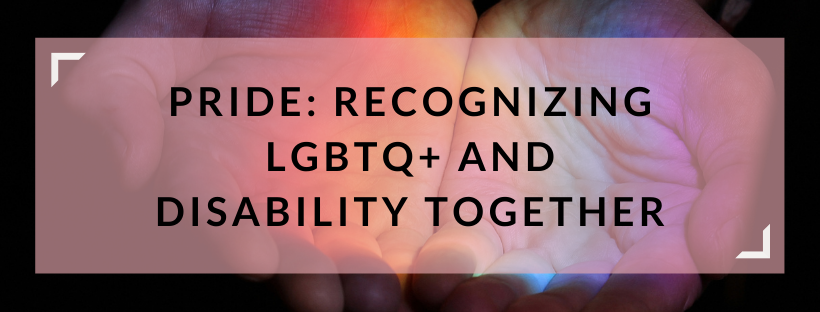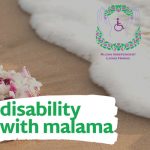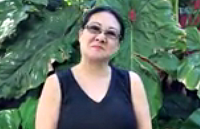
This year, President Joe Biden released his Proclamation on Lesbian, Gay, Bisexual, Transgender, and Queer Pride Month, 2021 to the country. We have and will continue to recognize June as Pride Month, and celebrate our LGBTQ+ community. As President Biden states in his proclamation: “I call upon the people of the United States to recognize the achievements of the LGBTQ+ community, to celebrate the great diversity of the American people, and to wave their flags of pride high.” While we see an effort to ensure that all people in the LGBTQ+ community are recognized and treated equally, we must remember that we have a long way to go.
In her article “The Intersection between Disability and LGBT Discrimination and Marginalization (2020)”, Rodriguez-Roldan, J.D. reminds us of an incident between Kayden Clarke, a 24-year old autistic, transgender man, and the Mesa Police Department. In February 2016, what should have been a welfare check on Kayden, due to this suicidal crisis, led to the shooting and death of Kayden by the responding police officers. Two factors failed Kayden that night: (1) his health provider denied access to gender-affirming care for Kayden’s transition due to his diagnosis of Asperger’s Syndrome; and (2) the police officers responded with deadly force after alleging that Kayden threatened them with a knife. Unfortunately, Kayden’s experience is not unique, as research shows that “fifty-eight percent of transgender individuals surveyed with a prior interaction with law enforcement had experienced mistreatment as a result of their transgender identity (Rodriguez-Roldan, 2020).” In addition, many transgender individuals have also faced discrimination in the health care sector due to their transgender identity and their disability, with mental health, intellectual, and developmental disabilities (I/DD) being at the forefront of this treatment.
Thomsen (2015) discusses how post-raciality can demean calls for disability and LGBTQ+ visibility, as state and local governments will “situate race and racism in the past, ignore ongoing racial injustices, and insist on colorblindness”. As post-raciality believes that racism is in the past, it can also treat injustices for disability and LGBTQ+ communities as also being in the past, despite it not being the case. Another point that Thomsen brings up is “space is central to how disability is understood and experienced”, meaning geographically one place can understand certain disabilities in a different way from another place. One reason for Miller and Smith’s (2020) study on microaggressions against LGBTQ+ students with disabilities was due to the fact that “few scholars have studied disability microaggressions, and virtually none have addressed microaggressions experienced with LGBTQ people with disabilities.” This is yet another example of how disabilities are being hidden from calls to action on visibility while focusing more on race or gender identities. This is why it is crucial to include LGBTQ+ people with disabilities when recognizing Pride Month, or calling for justice for LGBTQ+ people.
It is encouraging to see that more scholars are devoting their time to study disabilities and experiences along with other important topics. The disability community is one that needs to be seen and heard, and by working towards justice for this community, we work towards justice for all marginalized communities. While studies can only go so far, it is up to us to take action towards making these systemic changes throughout our government to ensure that our representatives know what is important to us, what we are fighting for, and why things need to change.
Sources Cited:
Rodríguez-Roldán, Victoria M. (2020) “The Intersection Between Disability and LGBT Discrimination and Marginalization,” American University Journal of Gender, Social Policy & the Law: Vol. 28 : Iss. 3 , Article 2. Available at: https://digitalcommons.wcl.american.edu/jgspl/vol28/iss3/2
Ryan A. Miller & April C. Smith (2020) Microaggressions Experienced by LGBTQ Students With Disabilities, Journal of Student Affairs Research and Practice, DOI: 10.1080/19496591.2020.1835669
Thomsen, Carly. (2015). The Post-Raciality and Post-Spatiality of Calls for LGBTQ and Disability Visibility. Hypatia, 30(1), 149–166. https://doi.org/10.1111/hypa.12135



